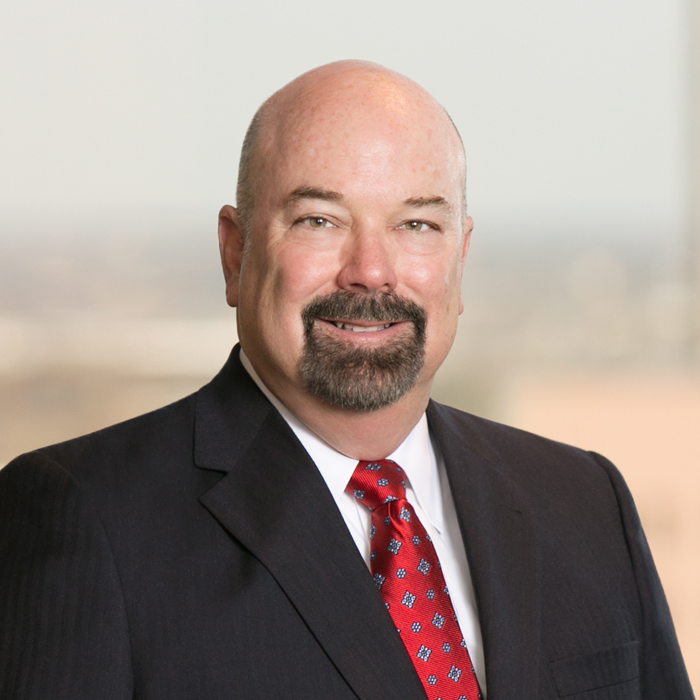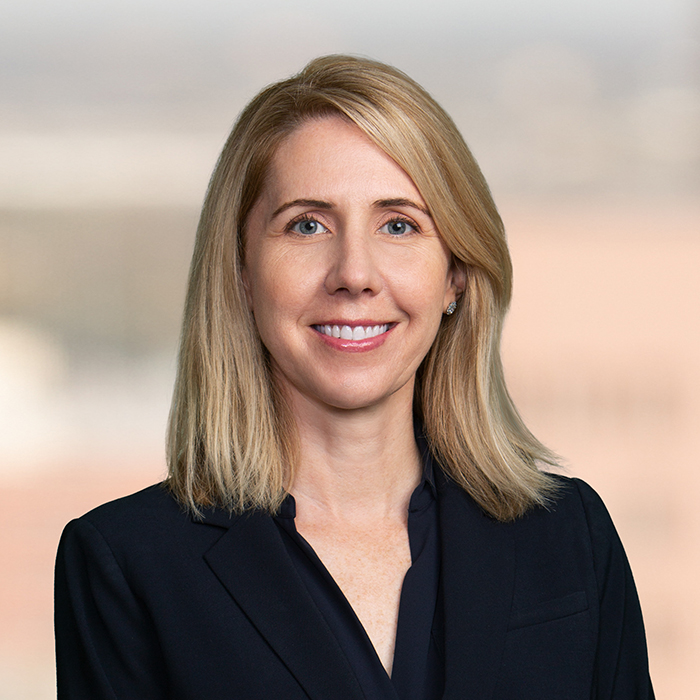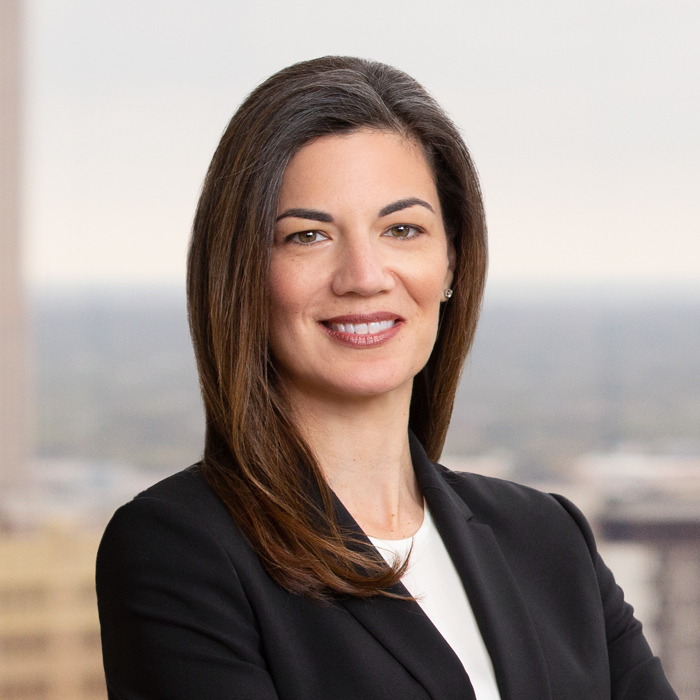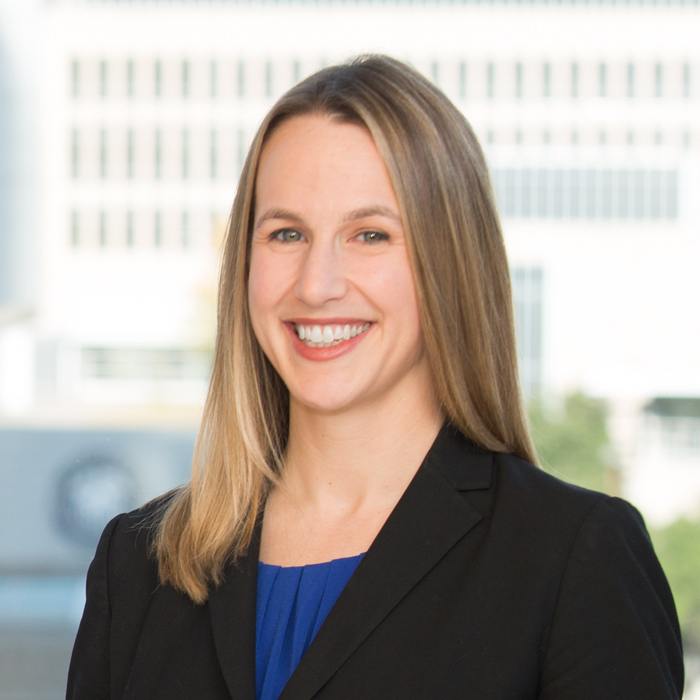Healthcare Fraud & Abuse
Billions of dollars are lost annually due to healthcare fraud and abuse. As a result, government agencies and private payors alike have grown more aggressive in their pursuit of fraud and abuse by healthcare providers. Even other healthcare entities are taking advantage of the fraud and abuse laws in place to wreak havoc on their competition. Uprooting fraudulent practices intentionally devised to take advantage of programs and plans is of utmost importance. But the reality is many providers can become entangled in fraud and abuse allegations for what would have once been deemed simple billing errors.
Jackson Walker attorneys are skilled in understanding and explaining the nuances involved in fraud and abuse laws. We help clients understand safe-harbors under anti-kickback laws, identify exceptions to the Stark Law, and recognize what can be deemed upcoding or other billing errors under the False Claims Act. We advise clients how to ensure their billing practices are compliant, properly appraise fees, establish compliant and cost-effective protocols for employees, ensure HIPAA-compliant technology, and so much more in the effort to avoid being on the other side of a fraud and abuse claim. The stakes are high for inadvertent mistakes, with statutes providing for hefty fines, treble damages, and even incarceration.
Although the goal is always to prevent civil and criminal exposure to fraud and abuse, sometimes the most healthcare providers can do is to minimize the damage and remedy the results. Whether developing a compliance strategy, responding to a Department of Justice (DOJ) investigation, or negotiating a settlement, healthcare providers need skilled legal counsel. Not only can experienced counsel help providers avoid these errors in the first place, but effective representation can be the difference between a simple billing error and a civil False Claims Act prosecution or worse, a criminal indictment.
- Assisted public hospital with potential Stark overpayment claims. By applying alternative analysis using newly adopted regulations, isolated and mitigated improper referral repayments to thousands rather than the original amount in hundreds of thousands.
- Represented non-profit children’s hospital responding to state OIG Medicaid audits.
- Filed several hundred appeals of audit findings that could have resulted in large Medicaid recoupments from nursing home clients, successfully settling the majority on terms favorable to our clients.
- Appealed and resolved civil monetary penalties and other enforcement remedies resulting in significant savings to our clients.
- Represented healthcare providers in appeals of Medicare/Medicaid terminations, exclusions, and appeals of state and federal civil monetary penalties and other sanctions.
- Represented healthcare clients in administrative proceedings involving Medicare/Medicaid reimbursement such as appeals of audit determinations by Medicaid Recovery Audit Contractors (RACs) and Medicaid Integrity Contractors (MICs).
- Represented clients accused of civil Medicare or Medicaid fraud and abuse.
- Represented clients in investigations by the Texas Health and Human Services Commission Office of the Inspector General.

April 4, 2024
Speaking Engagements
Laura Kidd Cordova to Present at ABA National Institute on Health Care Fraud
Jackson Walker partner Laura M. Kidd Cordova will join a panel discussion titled “Criminal and Civil Enforcement and COVID Fraud” during the 34th Annual ABA National Institute on Health Care Fraud, taking place from May 1-3, 2024, at the InterContinental Chicago Magnificent Mile.
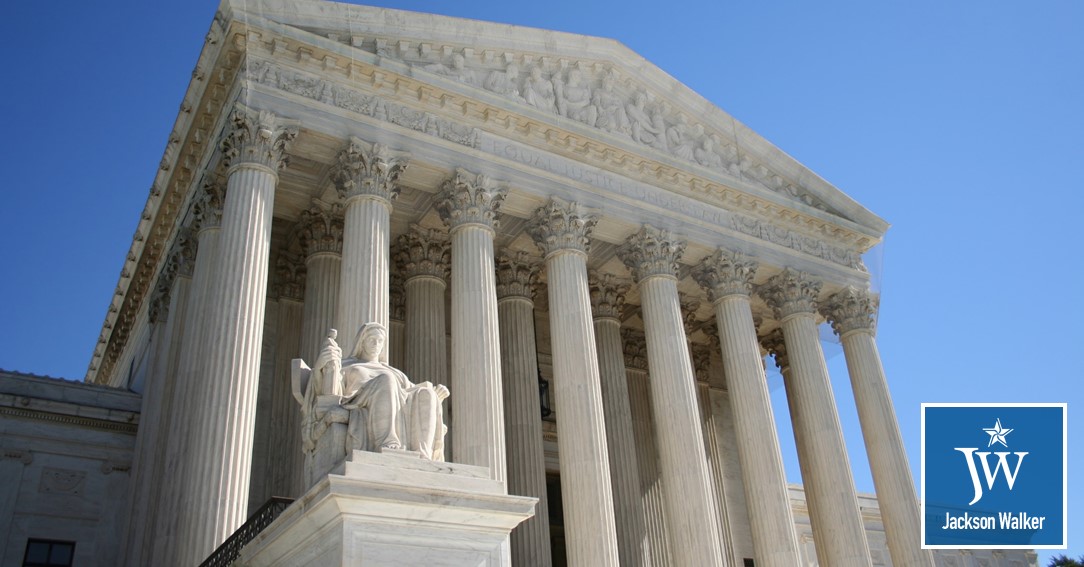
June 28, 2022
Insights
U.S. Supreme Court to Decide Standard for DOJ Dismissal of Qui Tam Cases
By Laura M. Kidd Cordova & Jennifer S. Freel
Does the federal government have the authority to dismiss a False Claims Act (FCA) suit after initially declining to intervene? And what standard should courts apply to a government motion to dismiss a whistleblower suit? On June 21, 2022, the Supreme Court granted certiorari in United States, ex rel. Polansky v. Executive Health Resources, Inc., a case examining whether the U.S. Department of Justice – after declining to prosecute a qui tam action – has the authority to dismiss the action, and if so, what standard applies to the motion to dismiss.

September 29, 2021
Insights
What to Know About the Department of Justice’s Nationwide Crackdown on Healthcare Fraud
By Laura Cordova, Erica Giese, & Daniela Mondragón
The Department of Justice (DOJ) has identified over $1 billion in fraud-related losses to government-funded healthcare programs and private insurers. In its recent announcement, the DOJ highlighted enforcement actions targeting four major categories of alleged fraud: telemedicine; COVID-19 relief funds; substance abuse treatment facilities, or “sober homes”; and illegal prescription and/or distribution of opioids.

September 8, 2021
Mentions
The Changing Face of Fraud During the Pandemic | D Magazine
“The intersection between COVID-19 relief funds and health care fraud is one of their highest priorities,” Jackson Walker partner Arthur Gollwitzer told D Magazine as the Department of Justice sets out to investigate COVID-19 related fraud.

August 18, 2021
Podcasts
Navigating Potential COVID Relief and Healthcare Fraud Issues
~10 minutes | With a dense thicket of regulations to comply with, businesses may trigger a governmental investigation if they are not familiar with the complex and changing rules and regulations surrounding COVID relief funds, particularly in the healthcare sector. In this interview about the Department of Justice’s crackdown on fraud, Arthur Gollwitzer discusses how businesses can protect themselves and what to do when approached by the authorities.



July 2, 2020
Insights
Telemedicine Fraud During COVID-19
As a result of the Trump administration’s expanded Medicare telehealth coverage, providers are now able to offer and be reimbursed for a wider range of services provided via telemedicine.
May 7, 2019
Insights
Opioids, Healthcare Enforcement, and Increased Scrutiny of Corporate Conduct for Criminal Prosecution
Last week’s announcement of the criminal prosecution of Rochester Drug Cooperative, its former CEO, and its former chief compliance officer represents an important development of which everyone in the healthcare industry must be aware.
- Administrative hearings and appeals of government regulatory actions
- Anti-Kickback Statute compliance and violations
- Compliance audits
- Compliance with state and local fraud and abuse laws
- CMPL defense
- Defense of civil actions alleging Medicare and Medicaid fraud and abuse
- Defense of OIG exclusions
- Development and implementation of compliance programs
- False Claims Act compliance and violations
- Fraud allegations
- Government and commercial payor audits and disputes
- Internal investigations
- Investigation and self-reporting allegations of Medicare and Medicaid fraud and abuse
- Medicare and Medicaid compliance and audits
- Qui tam cases
- Recovery Audit Contractor (RAC) audits and appeals
- Representation before local, state, and federal regulators
- Self-disclosures (CMS, OIG, DOJ)
- Stark Law compliance and violations

